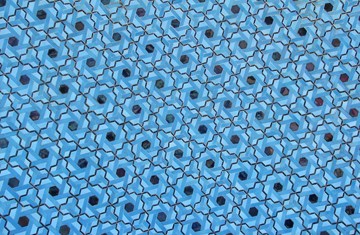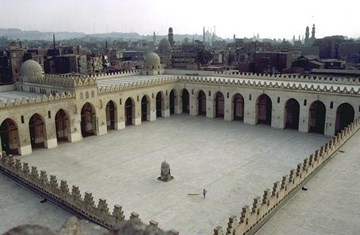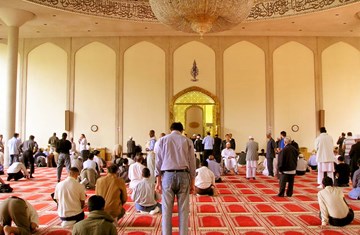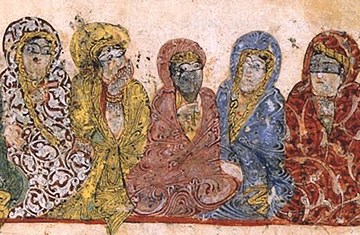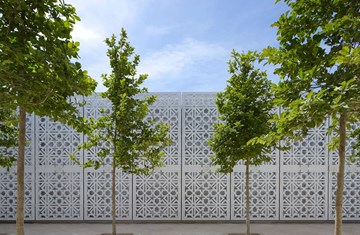A Convocation of Birds
Keywords: global, vision, harmony
Abstract: Professor Nanji's address here focuses on the theme of Unity in Diversity. In a changing global environment, which seems to be threatened by all kinds of fragmentation and lack of hope, a university provides a meeting point for individuals from diverse ethnic and religious backgrounds to engage in a dialogue and to build a broader vision that embodies all these traditions.
Author

Professor Azim Nanji
Azim Nanji is currently Special Advisor to the Provost of the Aga Khan University, and a member of the Board of Directors of the Global Centre for Pluralism in Ottawa, a joint partnership between His Highness the Aga Khan and the Government of Canada. He has held many prestigious academic and administrative appointments, most recently as Senior Associate Director of the Abbasi Program in Islamic Studies at Stanford University, where he was also lecturer in the Department of Religious Studies. From 1998 to 2008, Professor Nanji served as Director of the Institute of Ismaili Studies in London.
Professor Nanji has published numerous books and articles on religion, Islam and Ismailism, including: The Nizari Ismaili Tradition (1976), The Muslim Almanac (1996), Mapping Islamic Studies (1997) and The Historical Atlas of Islam (with M. Ruthven) (2004) and The Dictionary of Islam (with Razia Nanji), Penguin 2008. In addition, he has contributed numerous shorter studies and articles in journals and collective volumes including The Encyclopaedia of Islam, Encyclopaedia Iranica, Oxford Encyclopaedia of the Modern Islamic World, and A Companion to Ethics. He was the Associate Editor for the revised Second Edition of The Encyclopaedia of Religion.
Within the Aga Khan Development Network, he has served as a member of the task force for the Institute for the Study of Muslim Civilisations (AKU-ISMC) and Vice Chair of the Madrasa-based Early Childhood Education Programme in East Africa. He served as a member of the Steering Committee of the Aga Khan Award for Architecture in 1998, 2001 and 2016.

